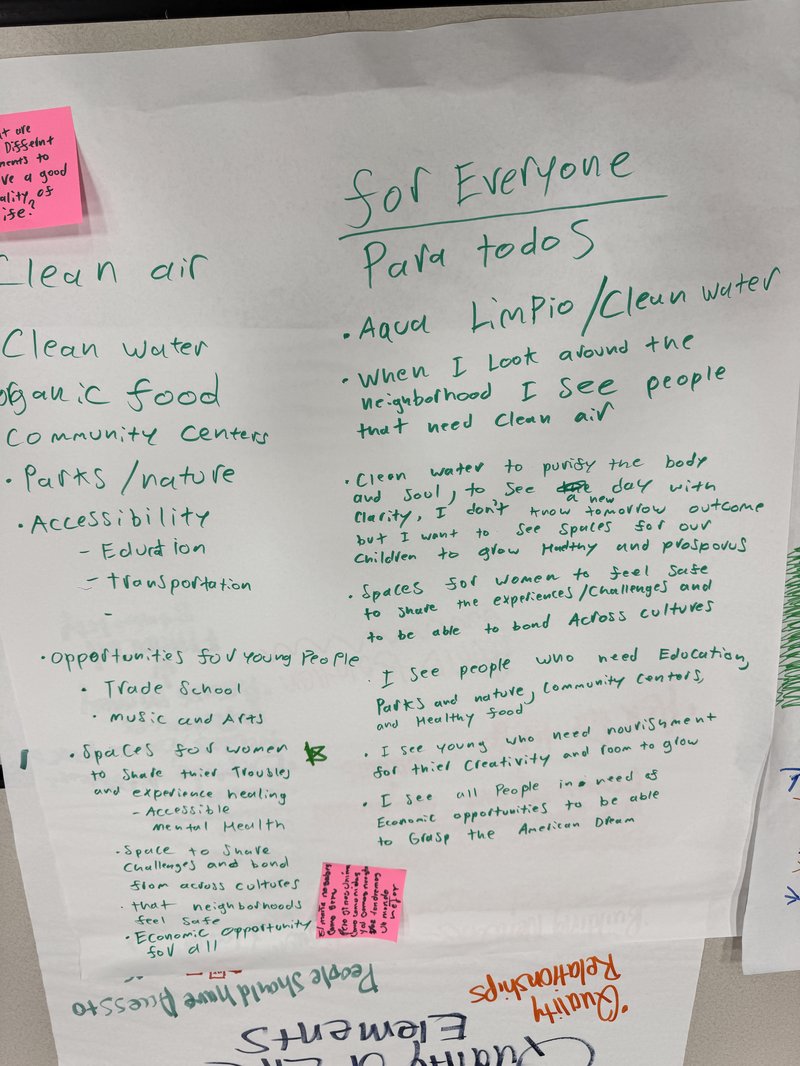Reimagining the American Dream: Ideas from CivicSpace Participants
As part of the Us@250 project examining the United States in a historic year, CivicSpace and local partners gathered Americans across race, age, and background to discuss their hopes for the future.
Blog Post
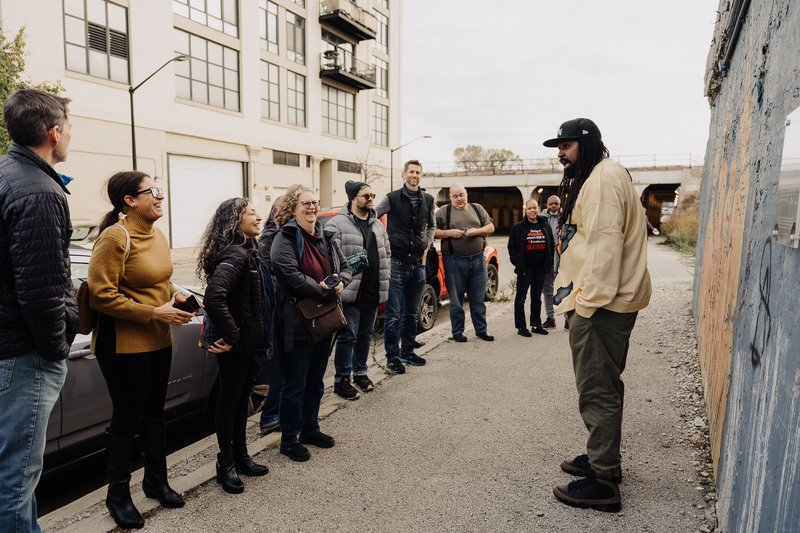
Lars Petersdorff/Mahogany Tours
July 3, 2025
All participants have provided permission to be photographed and quoted in this project. Last names have been withheld to protect privacy.
As the United States nears its 250th anniversary in 2026, many people are asking: Is the American dream over? New America Chicago, through our CivicSpace initiative, recently flipped the script on that question to ask: What does it mean to be American today, and what should America look like moving forward?
To find answers, CivicSpace brought this question directly to communities across Chicago to amplify their diverse voices. With generous support from the Field Foundation and The Chicago Community Trust, we hosted a series of public dialogues and storytelling events inviting residents to reflect on the evolving meaning of the American Dream, talk about community-rooted aspirations, and share lived experiences that too often go unheard.
This work was part of Us@250, a national initiative at New America encouraging reflection, conversation, and action as the country approaches this historic milestone. In Chicago, the initiative focused on bringing together voices that varied across race, age, geography, and background to connect, listen, and reimagine together. While rooted locally, the conversations welcomed participants visiting from across the country, offering a broader view of the hopes and challenges facing communities nationwide.
To ground these conversations in history and place, CivicSpace partnered with Chicago-based organizations known for their deep ties to community:
- In the fall of 2023, CivicSpace hosted its first community conversation at North Lawndale Employment Network’s event center to gather community members to connect with each other over coffee and conversation about the nation’s future.
- In the fall of 2024, Mahogany Tours led immersive storytelling tours through Bronzeville, North Lawndale, and Pilsen—three neighborhoods central to Chicago’s cultural and political history. Participants were interviewed during these tours, exploring race, housing, migration, and community resilience.
- In January 2025, the Center for Changing Lives and Claretian Associates co-hosted a full-day convening on the Southeast Side. The event brought together 40 community members—many from Black and Latino communities—for a dynamic day of story circles, panel conversations, and collaborative visioning focused on reimagining the American Dream.
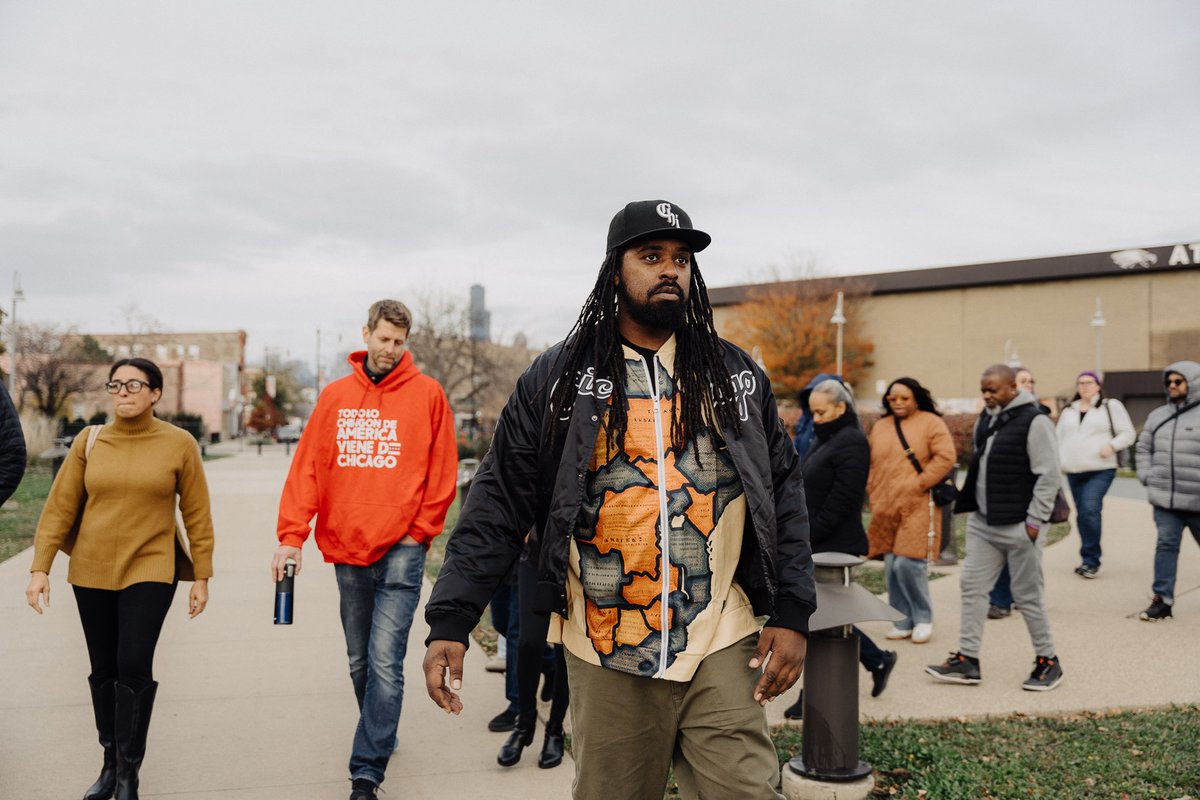
Source: Lars Petersdorff/Mahogany Tours
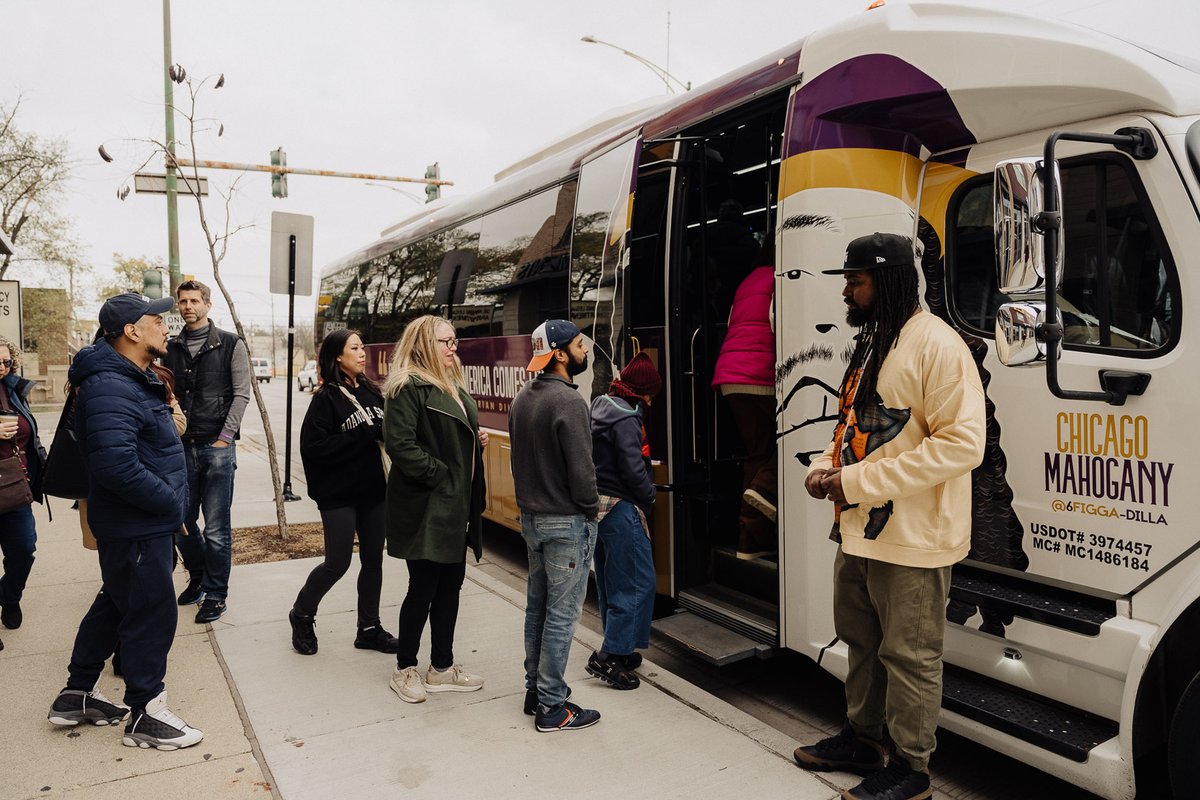
Source: Lars Petersdorff/Mahogany Tours
From lifelong Chicagoans to visitors from Indiana, Texas, and beyond, participants brought a wide range of perspectives. Together, they offered a snapshot of how identity, opportunity, and belonging are being redefined in America today.
Redefining the American Dream
A central theme across all engagements was that the traditional idea of the American Dream no longer matches lived reality. Instead of a one-size-fits-all narrative of prosperity, participants imagined a version of the dream defined by equity, stability, dignity, and access.
“We’re redefining what the American Dream is,” said Tavan from Hammond, Indiana during the walking tour. “It means something different to our generation than it did to our parents.”
“The dream used to be ‘Leave It to Beaver,’” said Brenda from Southeast Chicago in a story circle. “Now it’s two people working paycheck to paycheck. What does that dream look like for a single person today?”
From economic survival to civic belonging, people emphasized that the dream must reflect today’s realities—and tomorrow’s possibilities.
Despite differences in background, the answers to the question, “What must America fix to move forward?” were remarkably consistent: inequity, racism, political division, underinvestment in communities, and civic disconnection.
“There’s been a surge of people not seeing eye to eye,” said Damien from Chicago while participating in a story circle. “I wish we could just get past that and respect one another.”
“We need a revolution of thinking,” said Mary from New Jersey, reflecting on how the walking tour revealed stories she had never been taught about her country. “We have to wake up and hear the stories we haven’t heard.”
Education as a Gateway
Education surfaced as both a barrier and a beacon for achieving the American Dream.
“We need to get the education system to be equal,” said Val from North Lawndale during a group discussion. “As long as that doesn’t happen, minorities are going to be another class.”
“We’re not giving our children what they need to reach their full potential,” said Charlotte from Texas during a walking tour, who emphasized the need for learning outside the classroom, through community programs and cultural exposure.
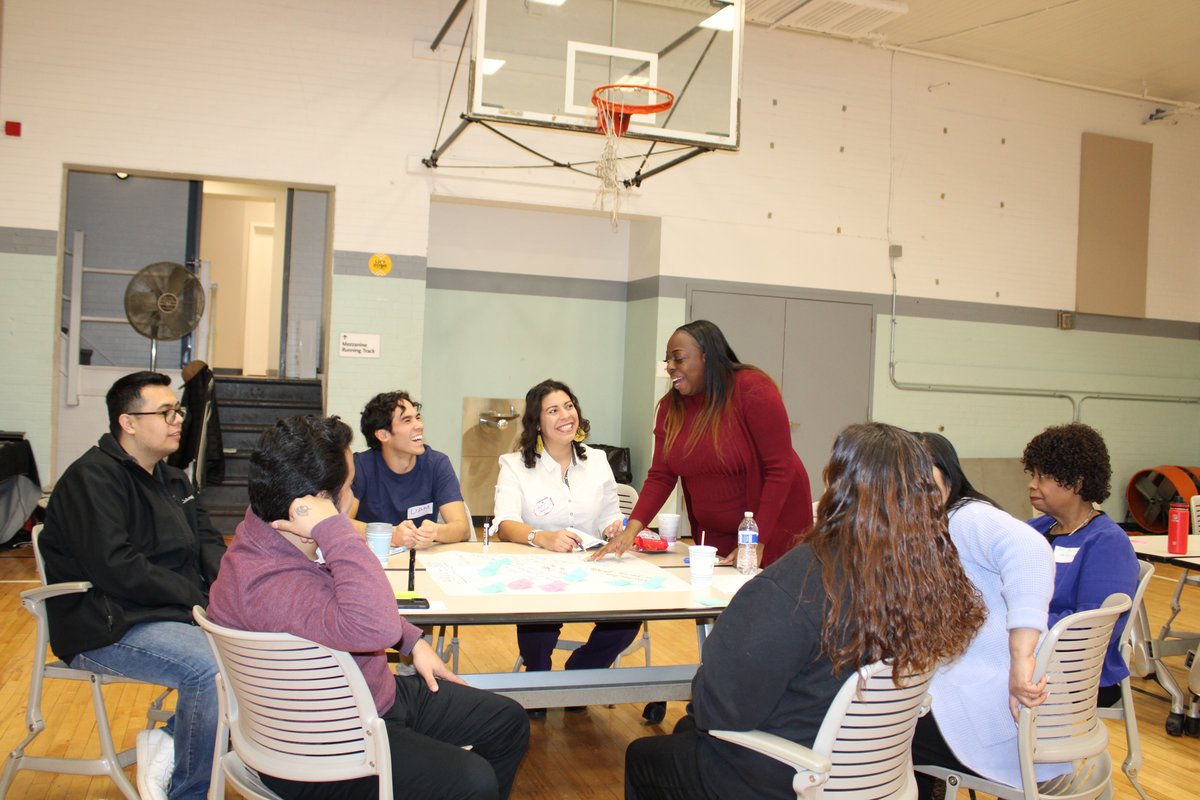
Source: Meegan Dugan Adell/New America Chicago
Whether in Chicago, Houston, or New Jersey, participants expressed deep concern about educational inequality and a desire to see young people equipped not only with knowledge but also with historical awareness and civic tools.
A Call for Historical Honesty
Participants widely agreed: America cannot move forward without facing its past. The country’s history of racism, discrimination, and exclusion must be acknowledged—not buried—if healing and progress are to happen.

Source: Lars Petersdorff/Mahogany Tours
“You can’t move forward without understanding what we’re moving forward from,” said Charlotte during a panel discussion. “We have to be honest about what has actually happened.”
Naturalized citizens, lifelong residents, and immigrants alike shared the belief that reckoning with history is not about blame—it’s about building a more informed and unified future.
Belonging in a Complex America
Another theme that emerged was the layered nature of American identity—and the importance of being seen, heard, and accepted.
“I’m a Mexican wearing a Dolly Parton shirt and going camping,” said Yvonne from Indiana during the walking tour. “Just because we’re one thing doesn’t mean we fit a mold.”
“To be loved is to be seen,” said Divina from Austin while on the walking tour. “That really resonates with understanding people’s individual needs and moving forward with empathy.”
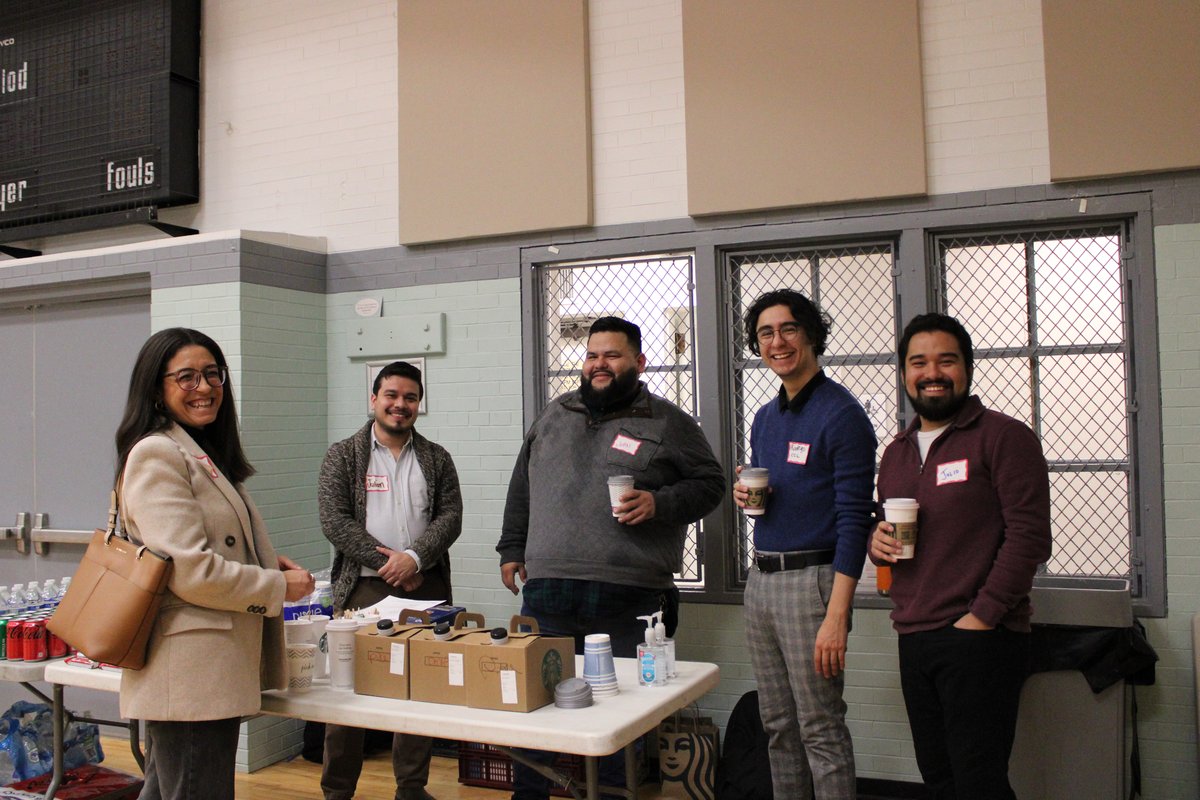
Source: Gabriela/Center for Changing Lives
Participants spoke to the need for belonging that transcends race, immigration status, or neighborhood. They want an America where being different is welcomed, not marginalized—and where everyone can participate. Belonging in a complex America means not only being seen and heard, but actively shaping the future together.
Looking Ahead
As we approach America’s 250th birthday, these reflections remind us that the country is still in the process of becoming. The people who participated in Us@250—whether they were born in the U.S. or arrived later, whether they were skeptical or proud—share a common desire: to be part of a nation that listens, learns, and grows together.
These conversations revealed that while America remains a work in progress, there is a diverse and committed group of people—across race, place, and perspective—ready to come together to reflect, repair, and reimagine what’s possible.
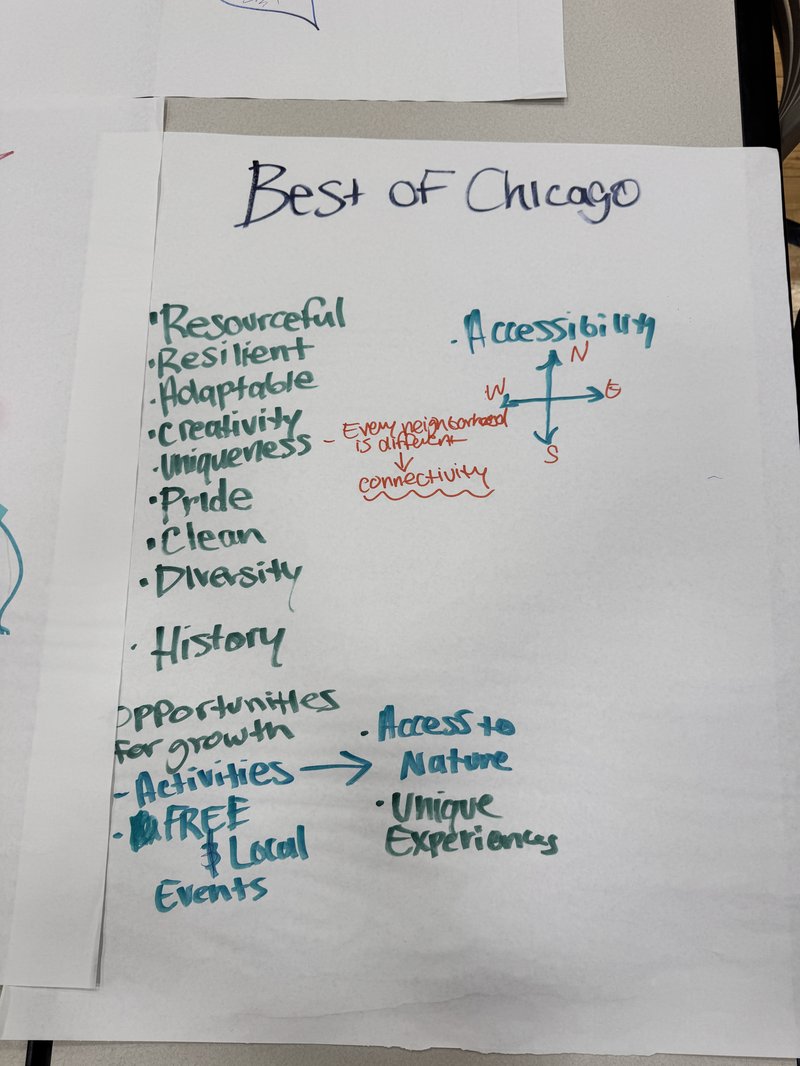
Source: Meegan Dugan Adell/New America Chicago
